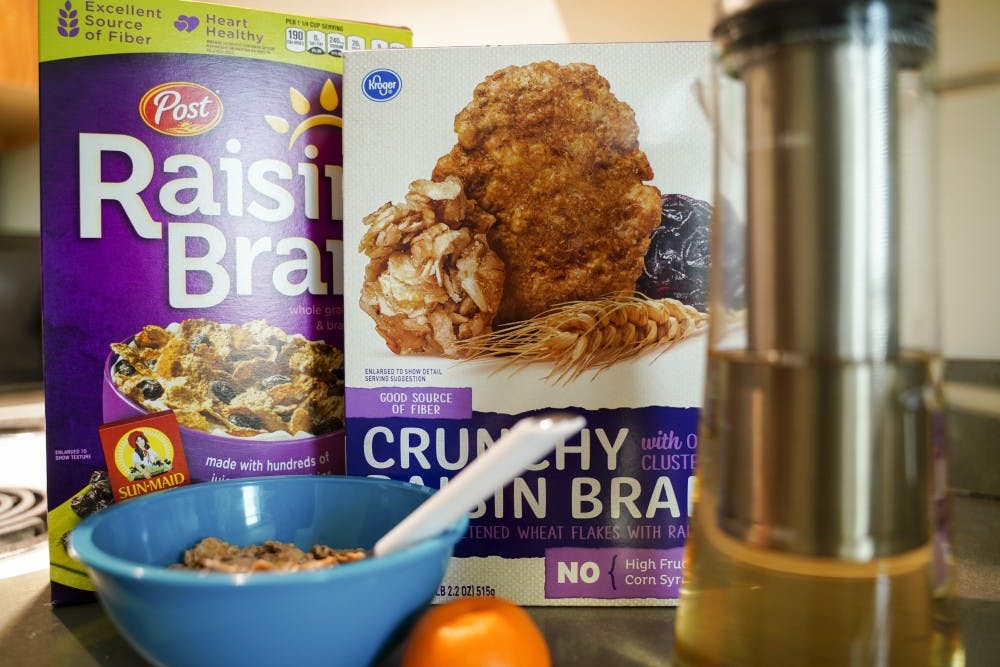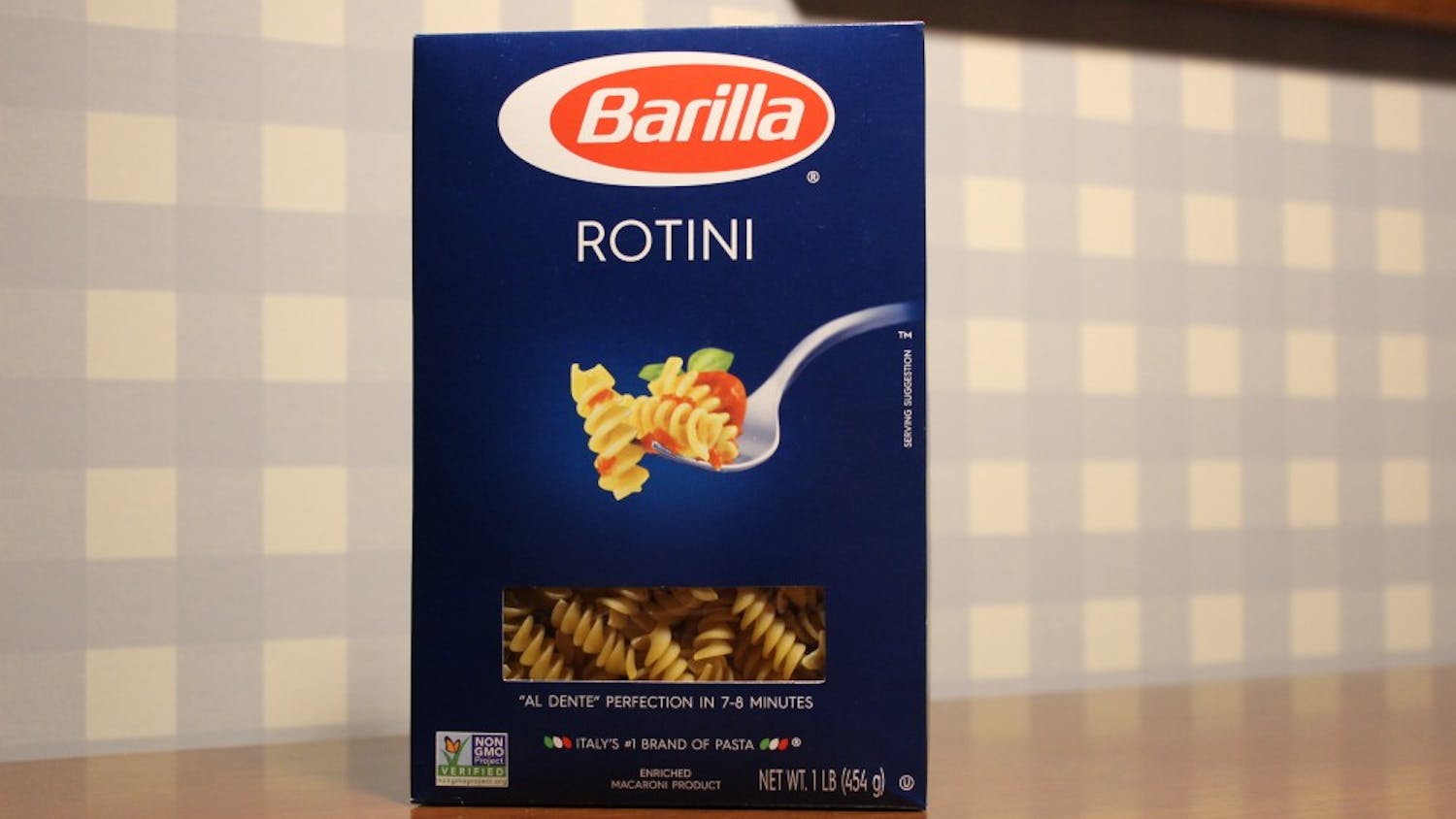Once students are no longer living in the dorms and don’t have as much access to dining halls and meal plans, grocery shopping can seem like a daunting task. However, planning ahead and prepping your meals for the week before you grocery shop can go a long way, said Bobbie Saccone, Health and Wellness Nutrition Program manager at the IU Health Center.
“Make a good list of what you think you need, and plan your meals before you get in the car to go shop,” Saccone said.
An important aspect of food students must consider when shopping is the nutritional value of a meal. A student could be trying to decide whether to buy a two liter of soda or a gallon of milk, and they may have a similar caloric value. But, milk offers more vitamins, minerals and healthy fats, Saccone said.
However, choosing healthy foods may be difficult for some students because they’re accustomed to a certain diet, Indianapolis dietitian Elizabeth Tapp said.
“Young kids might be stuck in the same diet they’ve had since they were children,” Tapp said. “They need to be more adventurous and expand their palates.”
One simple suggestion Tapp had for students struggling to make the transition to healthier, less sugary foods was to eat what you like.
“Start with the healthy food you already enjoy eating,” Tapp said. “If you like certain fruits, be sure to buy one every time you grocery shop.”
If you are new to grocery shopping and navigating a grocery store is anxiety-inducing, Saccone has some advice.
“We tell all people to start on the outside perimeter of the market, that’s where you will find most of the nutritional food,” Saccone said.
Snacks such as chips, cookies and candy have little nutritional value and empty calories, Saccone said. She said making sure you stick to a predetermined grocery list is a good way to avoid this trap.
“A lot of times you can plan to shop for groceries, but you get sucked into the aisles and end up with a cart full of snacks,” Saccone said.
When grocery shopping, healthy foods can sometimes be more expensive than snacks. However, avoiding brand name items and buying generic or store brand foods will make your total cheaper. For example, you can buy the generic cereal instead of Kellogg's Raisin Bran for a similar taste at a lower price.
Frozen foods are also an option that not only is smart financially, but quick and convenient. Saccone recommends finding frozen meals and vegetables that can be made in a hurry, but avoiding recipes with a long ingredient list or foods that are overly processed.
“A lot of students really try to buy foods that are quick,” Saccone said. “However, quick does not necessarily mean unhealthy.”






